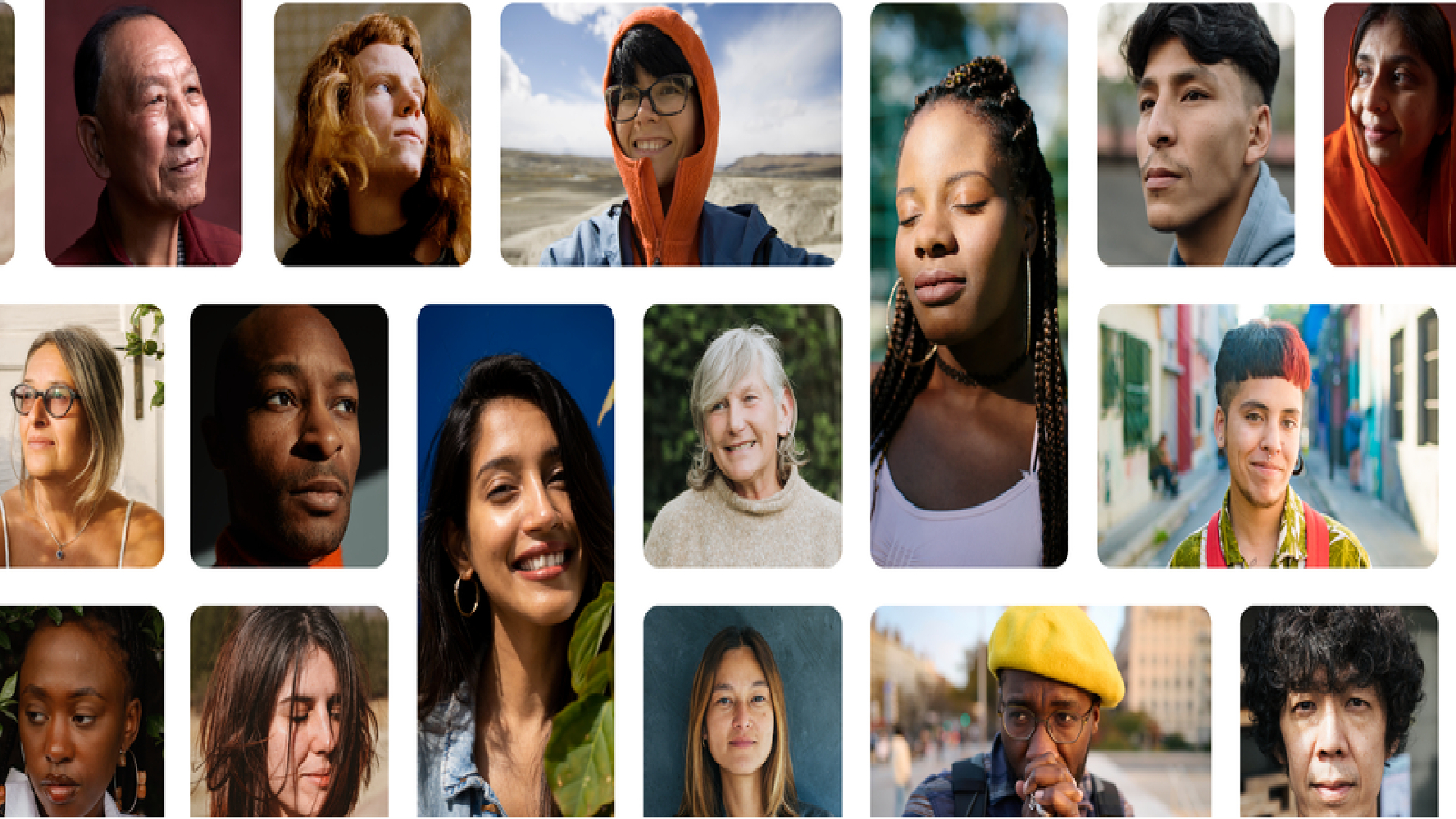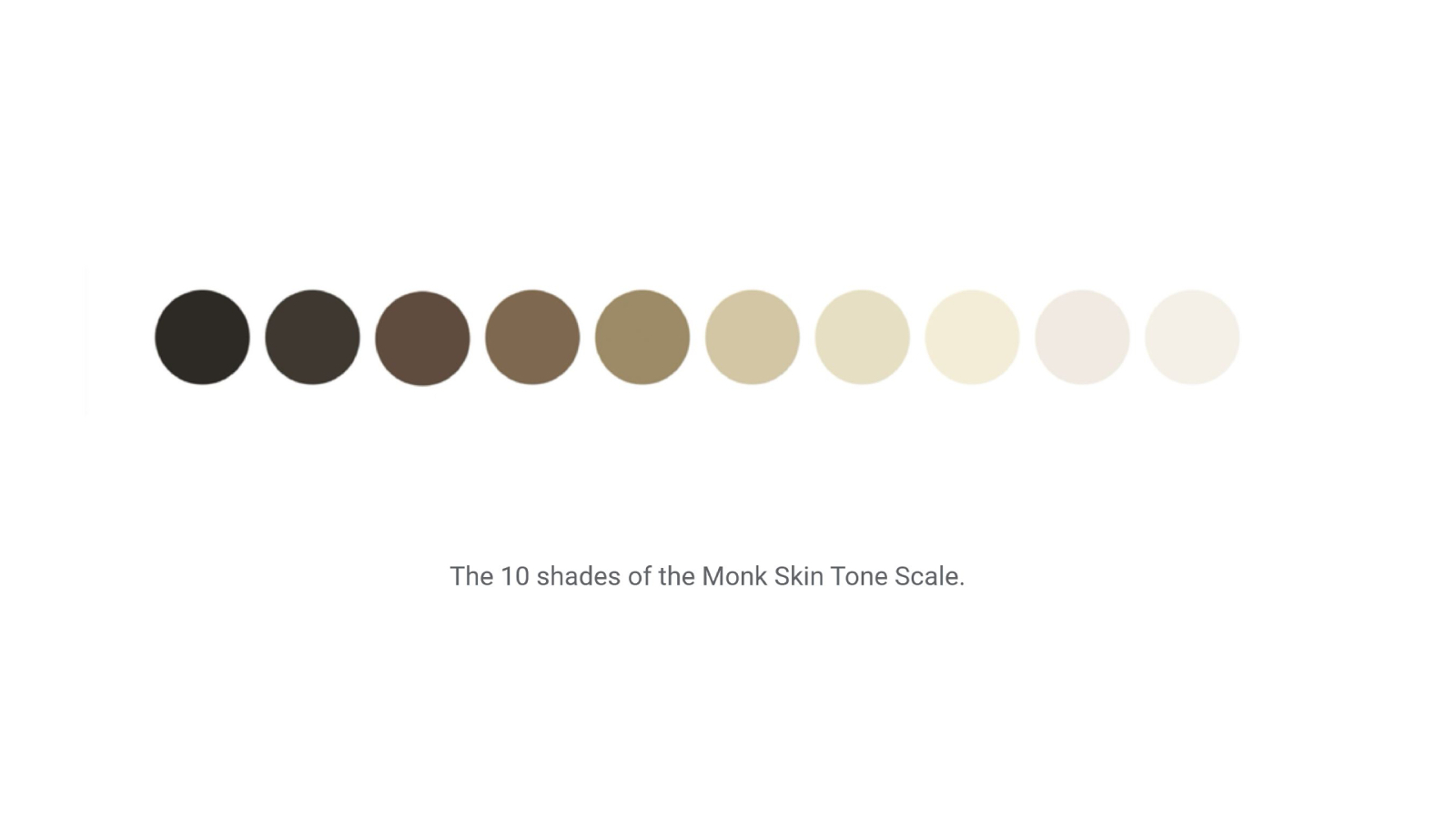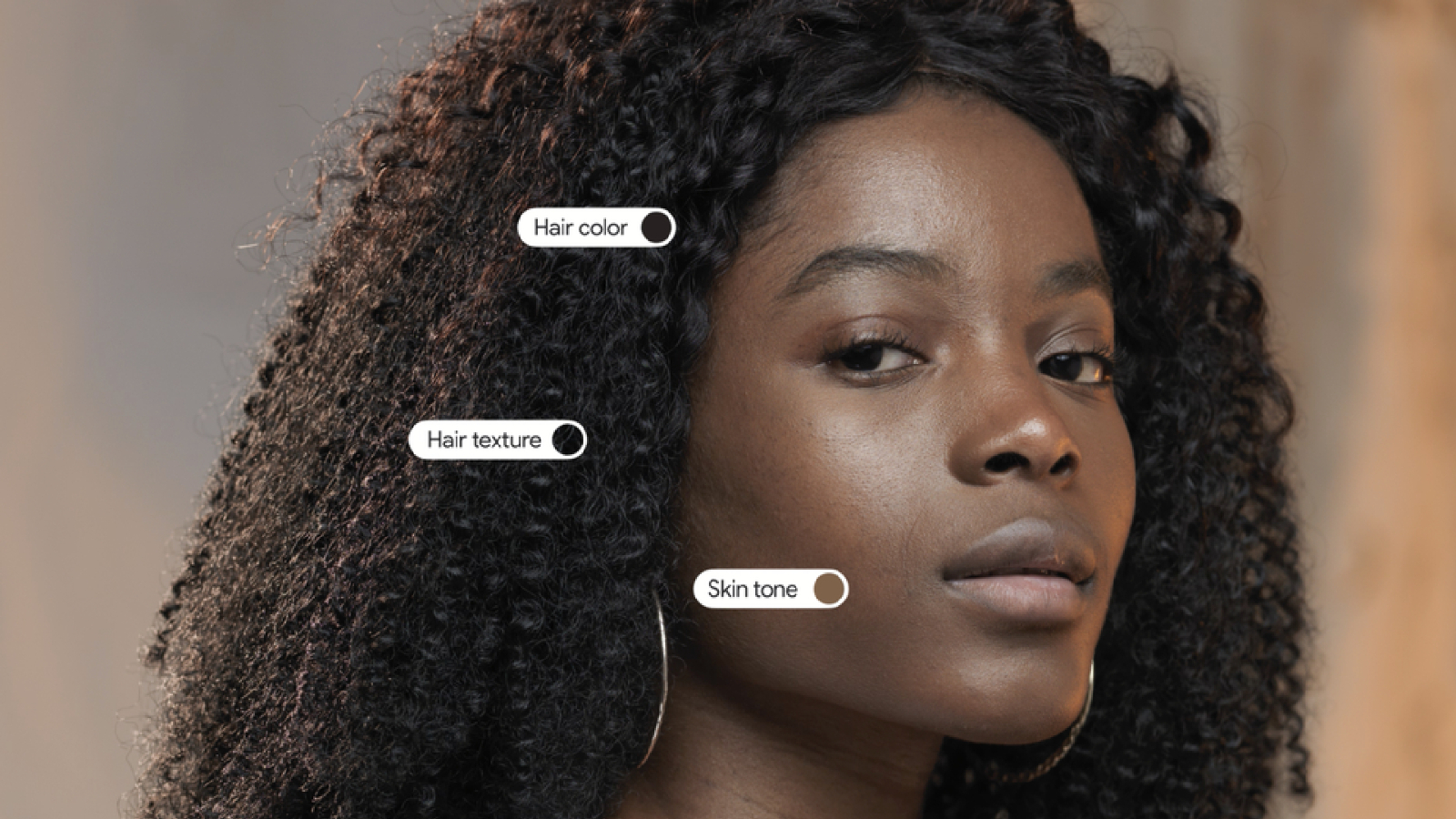Google introduces the Monk Skin Tone Scale at Google I/O, and we’re here for it
Google seeks to improve image equity and representation with the Monk Skin Tone Scale

Google introduced the Monk Skin Tone Scale at Google I/O 2022 to further improve the appearance of skin tones in images and to improve search results across a more diverse user base. This comes a year after they announced Real Tone for Pixel 6, which improved face detection, skin tone reproduction in images, and editing products.
Real Tone was game-changing for communities of color as Google put great effort into ensuring that images taken with the Pixel 6 accurately captured skin tones. Cameras often tend to wash out darker skin tones instead of embracing the natural warmth of darker skin, thus rendering them incorrectly.
- Google I/O 2022: Android 13 and all of the new Pixel hardware announced
- Google Pixel 7: Everything we know so far
- Best phone deals in 2025
In partnership with Harvard professor and sociologist Dr. Elis Monk, Google is now releasing a new skin tone scale that is designed to be more inclusive of the broad spectrum of skin tones that exist. Dr. Monk studied for a decade how skin tone and colorism affected individuals' lives, which culminated in the creation of the Monk Skin Tone Scale (MST).
Google intends to further support inclusivity and equity across the entire tech industry by helping create more products and cultivate more research that helps industries evolve, grow and include their diverse users who represent the whole color spectrum.
I sat in a briefing with Tulsee Doshi, Google's head of products for responsible AI, and Dr. Monk as they discussed the importance of the development and application of MST to help Google and other tech giants update representation in imagery, and in how AI sees and understands different skin tones.
"The MST Scale will help us and the tech industry at large build more representative datasets so we can train and evaluate AI models for fairness, resulting in features and products that work better for everyone — of all skin tones," Doshi stated. "For example, we use the scale to evaluate and improve the models that detect faces in images."
As I sat there with other tech journalists of different skin tones, I admit to feeling something special may be at work here. As a person of color (Afro-Latino, Native Taino, and other stuff), I felt deeply connected to the work that Google's team is doing to broaden inclusivity via technology and sharing the results of their research so that it can be used to improve not only how products may be marketed to people of color but also in how products and services reach us. MST is more than about skin tone, it's about valuing a more diverse spectrum of us that have been left out in ways that would take far more words than I have space for here.
"In our research, we found that people feel they’re lumped into racial categories, but there’s all this heterogeneity with ethnic and racial categories,” Dr. Monk says. “And many methods of categorization, including past skin tone scales, don’t pay attention to this diversity. That’s where a lack of representation can happen, we need to fine-tune the way we measure things, so people feel represented.”
Google's plans for MST include improving search results and helping creators, brands, and publishers create a more "inclusive schema" when labeling their content. Of course, MST will be used in Google Photos to improve the auto enhancements and include a new set of Real Tone filters created with the help of image professionals and experts Kennedi Carter and Joshua Kissi, who are known for their stunning and accurate imagery.
Having been in front and behind the camera for over 20 years, I have personally experienced what it's like to have my skin tone poorly captured, and although I never said anything, it caused a little pang now and then. Google and Dr. Monk will continue their partnership to develop MST further and improve the scale over time to be even more inclusive and reflective of the living, breathing color spectrum that is all of us.
Check out this informative video below if you wish to learn more.
Sign up to receive The Snapshot, a free special dispatch from Laptop Mag, in your inbox.

Mark has spent 20 years headlining comedy shows around the country and made appearances on ABC, MTV, Comedy Central, Howard Stern, Food Network, and Sirius XM Radio. He has written about every topic imaginable, from dating, family, politics, social issues, and tech. He wrote his first tech articles for the now-defunct Dads On Tech 10 years ago, and his passion for combining humor and tech has grown under the tutelage of the Laptop Mag team. His penchant for tearing things down and rebuilding them did not make Mark popular at home, however, when he got his hands on the legendary Commodore 64, his passion for all things tech deepened. These days, when he is not filming, editing footage, tinkering with cameras and laptops, or on stage, he can be found at his desk snacking, writing about everything tech, new jokes, or scripts he dreams of filming.


